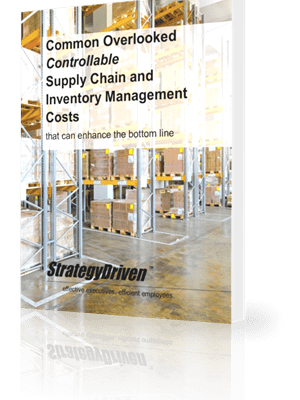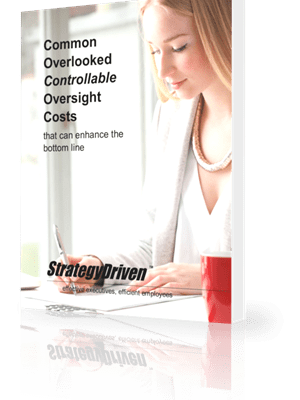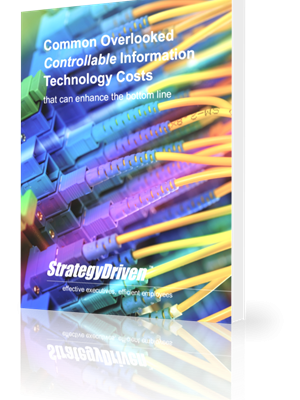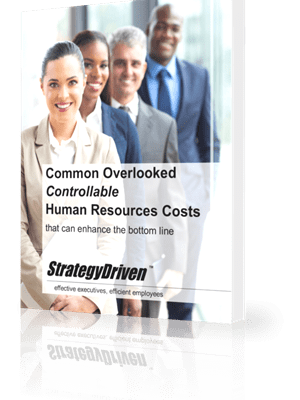7 Ways To Save Money On Equipment For Your Business

Shop second hand
Used equipment is always cheaper than brand new equipment. You do however need to be wary of the condition. Older equipment that has been well used may be more likely to break. For this reason, you should always inspect such equipment in person before buying.
If you’re buying used equipment online, make sure that a description of the condition and photos are provided. It could also be worth buying from a reputable seller – read reviews to see what other customers have to say.
When it comes to general equipment, it could be worth looking out for company closures in your area. Many companies will be selling equipment for cheap simply to get rid of it – some of it may be in very good condition.
Look out for sales and coupons
Dealers of both new and used commercial equipment may have sales throughout the year. A popular time to hold a sale is in January, whilst the Black Friday weekend is another popular sales period. Also look out for off season sales on seasonal equipment – commercial mowers may be cheaper to buy in winter when there’s less demand for gardening equipment. You can also check some great suggestions here for a professional mower.
You may also be able to grab discounts by using coupons. These can be found on coupon sites or by signing up to commercial equipment retailer mailing lists.
Avoid splurging on gimmicks
It’s important that any equipment you buy is appropriate for your needs. Try to avoid splashing out on equipment that’s more complex than necessary. If you’re only looking to do some basic printing, you don’t need a heavy-duty industrial printer capable of printing 60 sheets of paper per minute – a basic commercial printer will do the job and will save you money. Only high end niche businesses are likely to need the most complex equipment available – if you’re starting a printing company, a heavy duty printer might be more suitable.
Hire single use equipment
A popular mistake made by many companies is buying equipment that will only ever get used once or twice. By hiring this equipment, you could save a lot of money.
Hiring equipment can also be sensible if you don’t have the storage space for such as equipment. For instance, a construction company may hire a crane rather than buying one. This could save money having to create extra warehouse space.
By shopping around, you can find the best equipment hire prices. Make sure that the company has a good online reputation so that you know you’re hiring good quality equipment. A good company will keep all equipment well maintained – although you may still be liable for any damage you cause.
Consider energy efficiency
Energy-efficiency is an important factor to consider when it comes to buying machinery. A machine that consumes a lot of energy will cost you more in energy bills. Older equipment is likely to be less energy efficient than modern equipment, which is something to consider when buying used equipment. You may be able to find information on the energy efficiency online, as is the case with these energy efficient desktop computers.
Know when to repair, when to replace
You can also save costs by knowing when to repair and when to replace equipment.
Choosing to repair equipment could save you money in many instances. You can find all kinds of niche parts online from a wafer ring/frame to a new monitor screen – if you feel up to the challenge, you could do your own repairs. Alternatively, you could hire a repair technician to do repairs for you – this may still be cheaper than replacing with certain equipment.
You may want to consider replacing equipment if it is old or has broken numerous times in the past. It’s possible you may be able to sell old broken machinery for parts – this could help give you some money to put towards a replacement.
Warranties or contents insurance may be able to cover the cost of repairing or replacing machinery in some cases. This is worth looking into before you make any decisions.
Maintain your equipment
You may be able to stop equipment breaking in the first place by keeping it well maintained. Certain maintenance may be able to be carried out by your employees, whilst more complex equipment may need to regularly serviced by a professional technician (such as construction vehicles or medical machinery).
Cleaning is often one of the most important maintenance tasks – this is not just a matter of health and safety but also a way of keeping machinery working properly. Dust build-ups can affect many types of machinery and are a common cause of computers failing. If there’s a lot of dust in the air, you may be able to install an extractor fan or use an air purifier to keep it clean.
You should also be careful of environmental factors like cold and humidity. Certain machinery may break if it is stored somewhere that is too hot or too cold. Agricultural machinery for instance may need to be kept indoors when not in use and covered up to prevent damage from rust.

 Running a business is something that takes grit and resilience. This is because you’re likely to face many hiccups along the way as well as challenges as most businesses do. However, if you make a conscious effort to ensure you’re continuously learning, taking in new information, and keeping up with industry trends, you should find that your business continues to grow. Of the many key aspects of your business, finances are one of the most important. In light of this, you should continuously look for ways to ensure that your business finances are well managed. On that note, you’re going to find some key money management tips every business should consider below.
Running a business is something that takes grit and resilience. This is because you’re likely to face many hiccups along the way as well as challenges as most businesses do. However, if you make a conscious effort to ensure you’re continuously learning, taking in new information, and keeping up with industry trends, you should find that your business continues to grow. Of the many key aspects of your business, finances are one of the most important. In light of this, you should continuously look for ways to ensure that your business finances are well managed. On that note, you’re going to find some key money management tips every business should consider below. There is a common misperception that being more efficient necessarily equates to being more cost effective. However, that relationship does not necessarily exist. While seemingly desirable to be more efficient, the benefits may not necessarily be cost reductions. In fact, depending on where the efficiencies are gained within a given process, higher costs may be incurred. Consequently, leaders must articulate their goals as a specific outcome to be achieved, cost reductions being one, and not simply as a desire to be more efficient.
There is a common misperception that being more efficient necessarily equates to being more cost effective. However, that relationship does not necessarily exist. While seemingly desirable to be more efficient, the benefits may not necessarily be cost reductions. In fact, depending on where the efficiencies are gained within a given process, higher costs may be incurred. Consequently, leaders must articulate their goals as a specific outcome to be achieved, cost reductions being one, and not simply as a desire to be more efficient.



